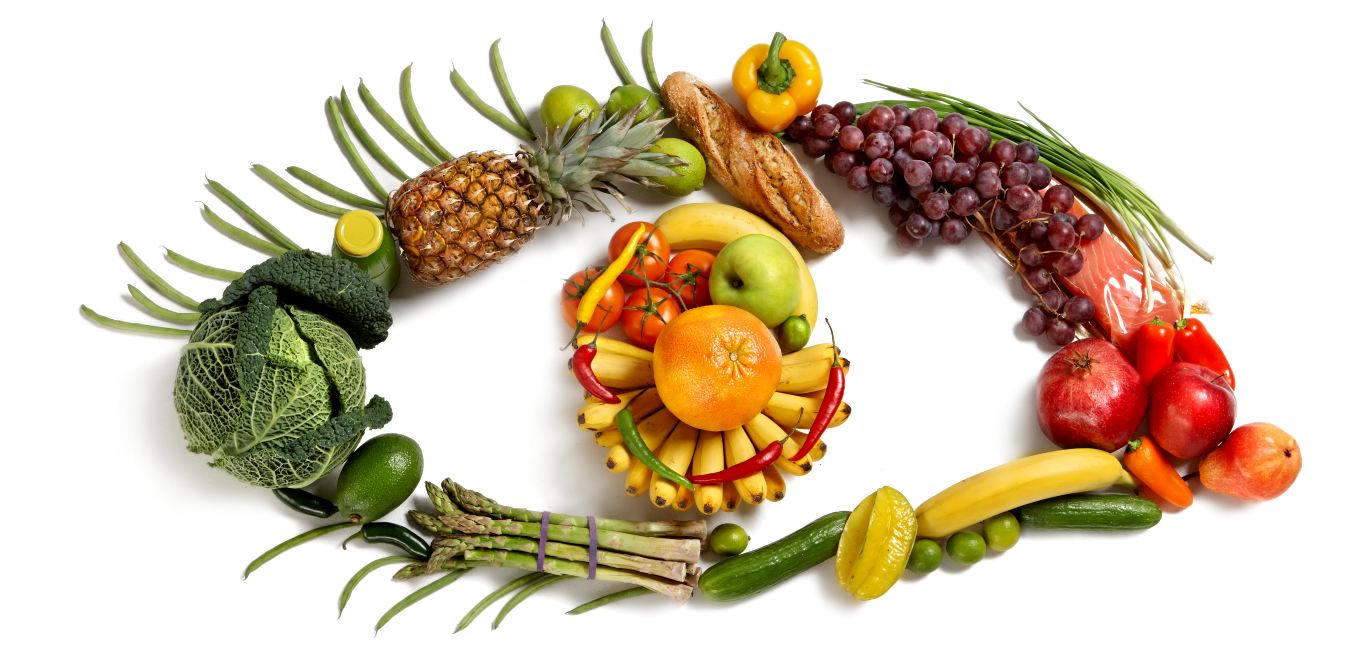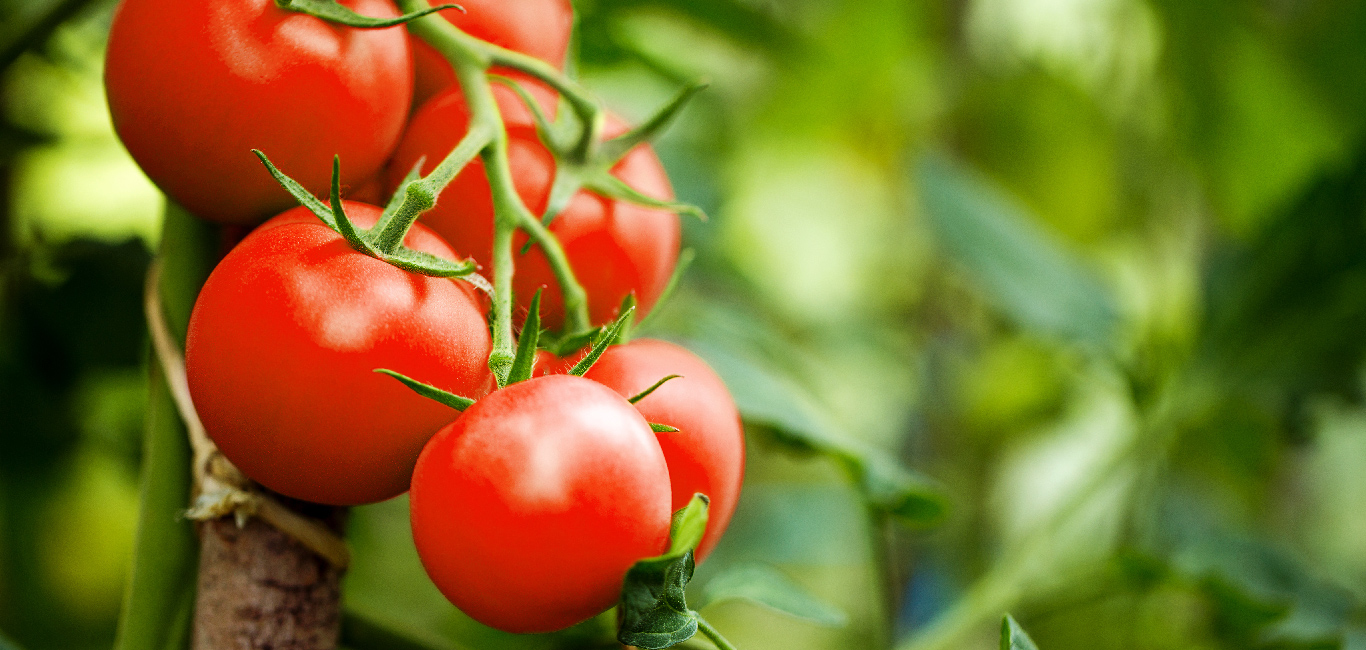
Remember how our elders used to tell us to eat more carrots as they will help us see in the dark? Or that fish will give us a better vision? They may have been right after all. Not just carrots and fish, there are a range of other foods that play a vital role in maintaining eye health.
Jo Proctor, a nutritionist based in Dubai, says that food is closely associated with our body systems and impacts our overall health including eye health. “We have all heard how carrots are good for our eyes. Carrots contain beta carotene that converts into vitamin A (retinol). All red and orange vegetables give us beta carotene. Liver, meats and shellfish are also good sources of both zinc and vitamin A,” she adds.
Food to maintain eye health
Research published in 2019 in Nutrients has shown how diet is a key lifestyle factor that has long-term effects on eye health. Focusing on the range of ocular conditions, authors John Lawrenson and Laura Downie sought to find a link between nutrition and age-related vision loss. They concluded that age-related eye diseases, including cataract and AMD can be mitigated to some extent by changes in diet and nutritional supplements. Studies have also shown how antioxidant nutrients (vitamin A, C and E and other minerals) can prevent or slow the onset of cataract.
Dr Mmaduagwu Maureen Adanna, an optometrist in Lagos State, Nigeria, is of the opinion that the right food can help prevent and slow the progression of age-related vision loss, like any other age-related disease. “Maintaining a well-balanced, healthy diet is pivotal in keeping your eyes healthy. It may help reduce your risk of developing eye conditions,” she says.
There are many nutrients that are useful for eyesight, such as lutein, zeaxanthin, lycopene, omega-3, vitamin C, vitamin E, copper and zinc, which can be found in foods such as fruits, dairy, nuts, tomatoes, blueberries, spinach and fish. “It is advised to limit consumption of unhealthy foods that are processed, especially those that contain saturated fats, or are high in sugar concentrates,” she adds.
Role of antioxidants
Observational data in the 2019 paper has suggested that the risk of cataract can be reduced with the help of a diet that contains vitamins C and E, lutein and zeaxanthin.
“A healthy diet rich in antioxidants and certain vitamins can produce positive results in terms of slowing the progression of cataract. This is because oxidative stress (caused by insufficient antioxidants in the body) is thought to damage enzymes and proteins in the eye’s natural lens, and it is this that causes the lens to become clouded,” explains Dr Adanna.
The development of cataracts is largely associated with ageing. Therefore, it is recommended that older people eat foods rich in antioxidants, plus supplement their diet with vitamins B, C and beta carotene, to reduce or slow down the risk of cataract formation, Dr Adanna adds.
Can lutein and zeaxanthin help prevent blindness?
Cataract formation is one of the leading causes of visual loss and blindness. Dr Adanna explains that cataract is characterised by lens opacity and is caused by the aggregation of proteins with the lens, induced by oxidative damage. “The fact that oxidation of the lens is a contributing cause for cataract suggests that antioxidants may play a positive role in cataract prevention.”
Dr Adanna adds that lutein and zeaxanthin, two dietary xanthophylls (complex proteins) exclusively deposited in the macula lutea (that part of the retina responsible for sharp vision) and known for their beneficial role in age-related macular degeneration, are the only carotenoids deposited in the lens. They may have an important role in reducing oxidative-stress-induced damage of the lens contributing to cataract development.
Higher dietary intake or higher blood levels of lutein and zeaxanthin, present in dark leafy greens, peas, summer squash, pumpkin, brussels sprout, broccoli, asparagus and lettuce may have a protective effect on the development of cataract, she concludes.
In a 2017 study, author Julie Mares of the University of Wisconsin indicates that lutein and zeaxanthin play a role in ensuring optimum visual performance and in lowering the risk of visual impairment.
However, according to Dr Jayesh Vira, an ophthalmologist at ESI-MGM hospital in Mumbai, while lutein and zeaxanthin do have a role in age-related macular degeneration, it does not necessarily play a role in preventing cataract. “There is actually no scientific evidence that any food or dietary supplements conclusively delay or prevent cataract formation,” he adds.
How beta-carotene works
Carotenoids are fat soluble pigments that occur naturally. They absorb light during the process of photosynthesis and give fruits and vegetables their colour. Out of the huge range of carotenoids, beta-carotene is among those found in the human blood. It gets converted into vitamin A that aids vision.
The macula lutea is rich in beta-carotene along with lutein and zeaxanthin. Collectively called macular xanthophylls, they help maintain eye health and prevent ophthalmic conditions. Beta-carotene is also a natural antioxidant that protects the eye from oxidative stress. Fruits and vegetables that are yellow, orange or red, and green leafy fruits and vegetables are rich sources of beta-carotene with carrots topping the list.

















